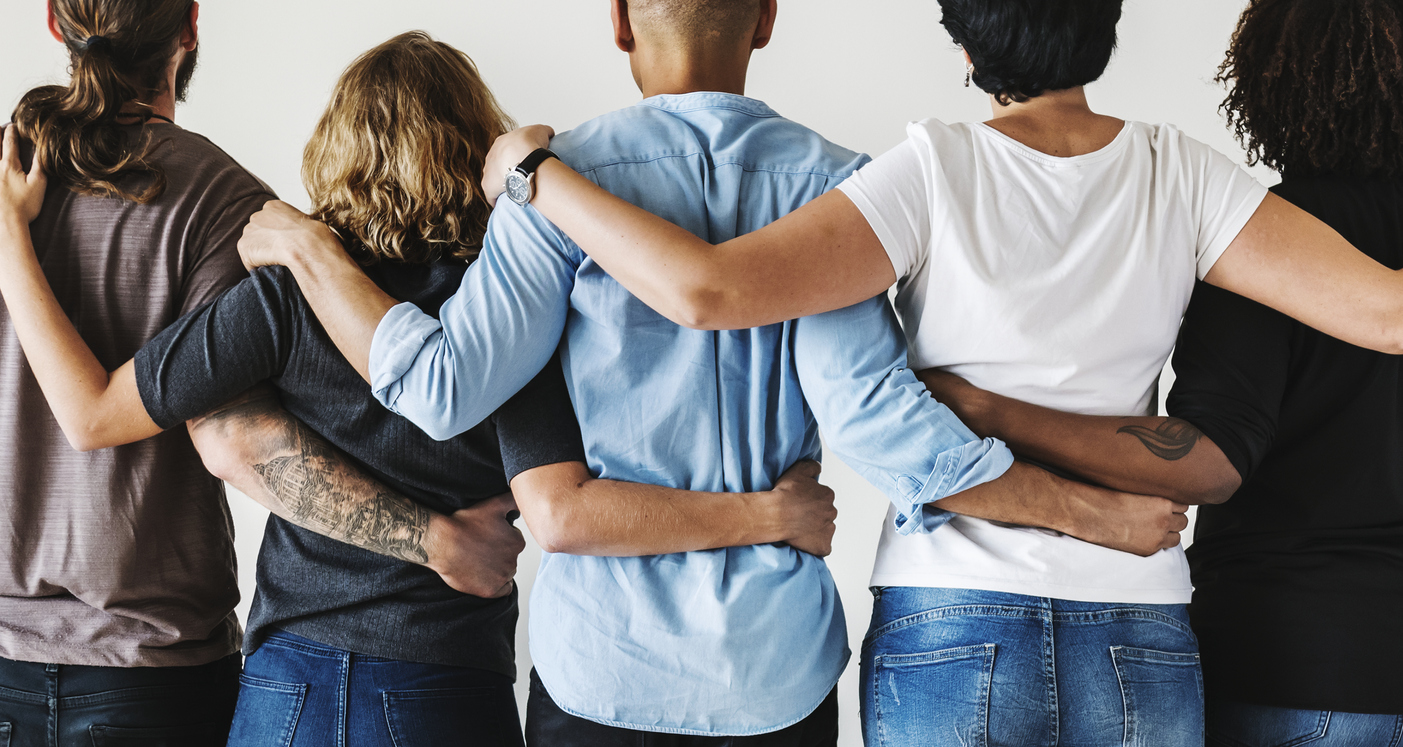Recovery is an ongoing effort, and the support garnered by friends, family, professionals, and peers can be wholly transformational. While it is not completely necessary, many of those overcoming the challenges of addiction recovery and navigating their sober lives choose to give back to the communities that supported them through both their accomplishments and times of need. However, this doesn’t mean that each individual will give back to these people and communities in the same way. Finding each individual’s best way of giving back can continue to provide support for others while also motivating an individual to continue working towards their best sober life.
The Benefits of Giving Back
While providing support and aid to others throughout recovery can be amazing for those overcoming their challenges, giving back to recovery communities and those who have supported an individual throughout their recovery journey can have many personal benefits.
First, taking active and dedicated efforts to give back to recovery members and supports can further nurture these relationships. Feelings of anxiety, isolation, guilt, and more are all common throughout any stage of recovery. Giving back can help challenge these feelings while creating a more trusting, open, and impactful support and recovery network.
Feeling like an accepted part of a community and taking daily actions to develop relationships are amazing things. Giving back can bring feelings of belonging, pride, and more that can help celebrate accomplishments while keeping each person’s recovery efforts and the obstacles they have overcome in focus throughout recovery. Finding the best way for an individual to give back to their recovery community can further these efforts and ensure the continued development of a culture of healing and sobriety.
Exploring Your Best Practices to Give Back
Each individual will have their own best ways to give back. Just because an individual is engaging with the community in a different way does not mean that they are somehow doing more or less than any other individual. For some, publicly talking about their recovery journey can be their way of giving back to the recovery community. Others may benefit most from smaller, more intimate actions. Both are incredibly profound and effective acts of giving back.
Start Small
There is no act of giving back that is “too small” to matter for those in recovery who are exploring their best practices. Starting small by helping out in group therapy sessions, such as setting up chairs or organizing any other items or tables that will be necessary for the session, can be a great way for an individual to begin getting involved with their recovery community. Even these small acts of service can normalize the practice and make an individual more open to giving back while benefitting from the positive feelings and connotations that result from their actions.
Be Willing to Share
Simply opening up about the recovery process can have a number of positive benefits for the recovery community at large. For some, being open to sharing personal challenges that they faced can help those just beginning their own recovery or navigating similar challenges see the potential success and progress that can be achieved. These conversations can also birth new strategies, ideas, and topics of conversation that can continue to facilitate an honest and open atmosphere about healing and continued progress in sobriety.
Others may look to share their stories on a more public basis, such as through written content online or through public speaking roles. Not only can this help to address the prevalence of addiction and substance use disorder (SUD) across the United States but it can also help to deconstruct stigmas and misconceptions that come with the disease. In turn, this helps more individuals recognize the need for treatment and the impact of addiction. By helping the community navigate stigmas and normalize these discussions, each recovery community can further create a culture and community of healing.
Find Volunteer Outlets
Giving back doesn’t necessarily have to come through direct involvement with a recovery community. Rather, engaging in volunteer efforts, such as helping with soup kitchens or animal shelters, can all provide this sense of community and progress in each individual’s recovery journey. Not only can this help to further an individual’s own feeling so pride, but also helps to continue developing effective life skills, communication, community, and more while creating a healthy and fulfilling daily life in sobriety.
Give Back by Becoming a Sponsor
Sponsors are incredibly important and transformative individuals throughout the recovery process. While not all people will have a sponsor, the benefits they can provide can be instrumental in embracing genuine change.
Sponsors are active supports who have been through the recovery process themselves and are invested in the betterment and sobriety of another. They provide guidance and regularly meet with those navigating their own sober journey to help them overcome obstacles, offer new perspectives and life accounts, and much more. Sponsoring another in recovery is an amazing thing to do, and is the most direct and active way to give back to one’s recovery community while focusing on their own continued sober efforts.
Giving back to the recovery community and those who have supported you most can be an amazing experience. We at Buena Vista Recovery are prepared to help you balance your continued sobriety with new communities and strategies to give back. We curate a culture of acceptance, healing, and understanding, and trained staff and committed peers are available to help you learn how to best get involved in your recovery community. We believe that recovery is a truly transformative experience, navigating not just your symptoms and needs in addiction recovery, but also developing new lifestyles and values and building sober relationships. For more information on how we can personalize your time with us, call us today at (480) 741-9414 or complete a contact form.





